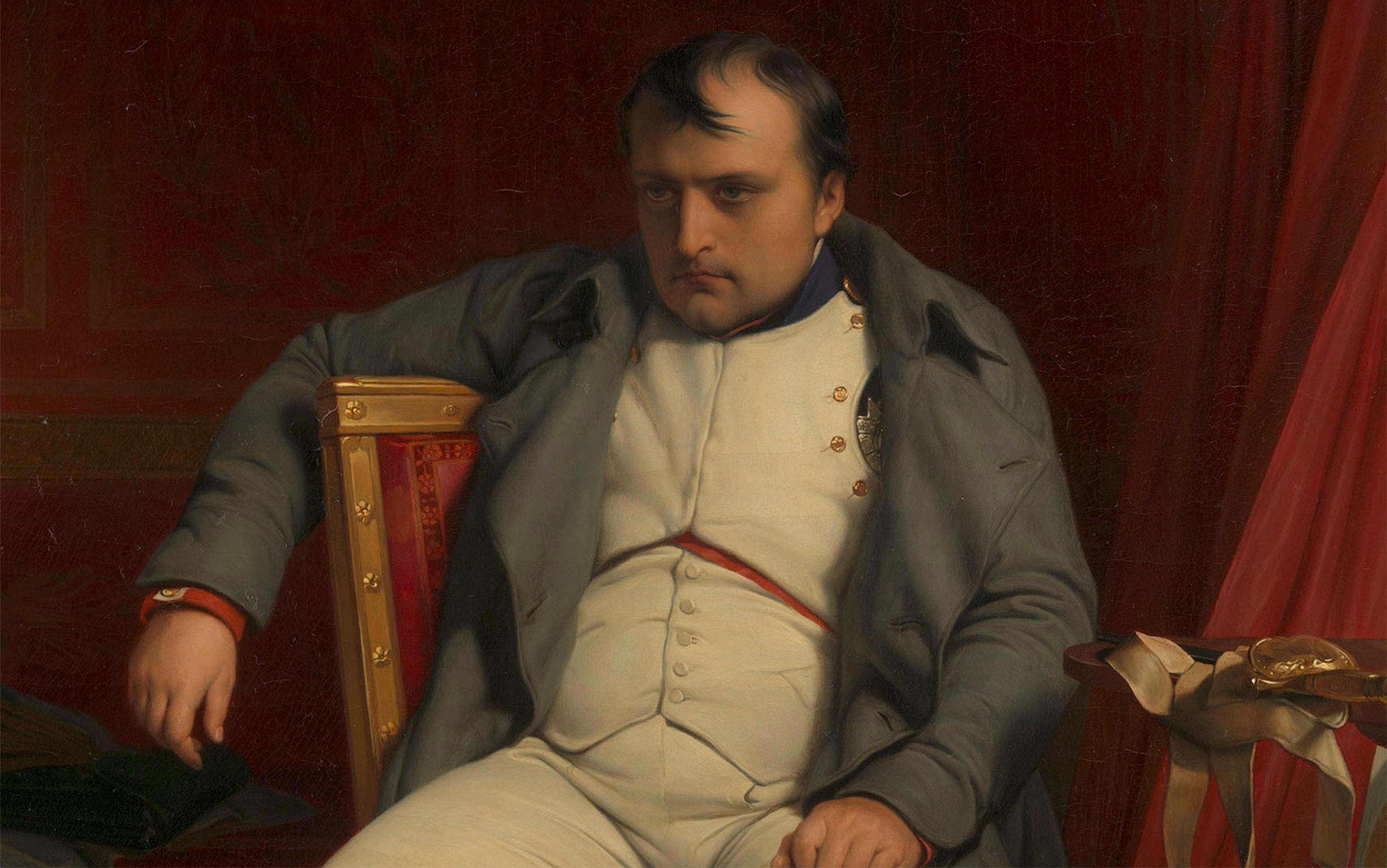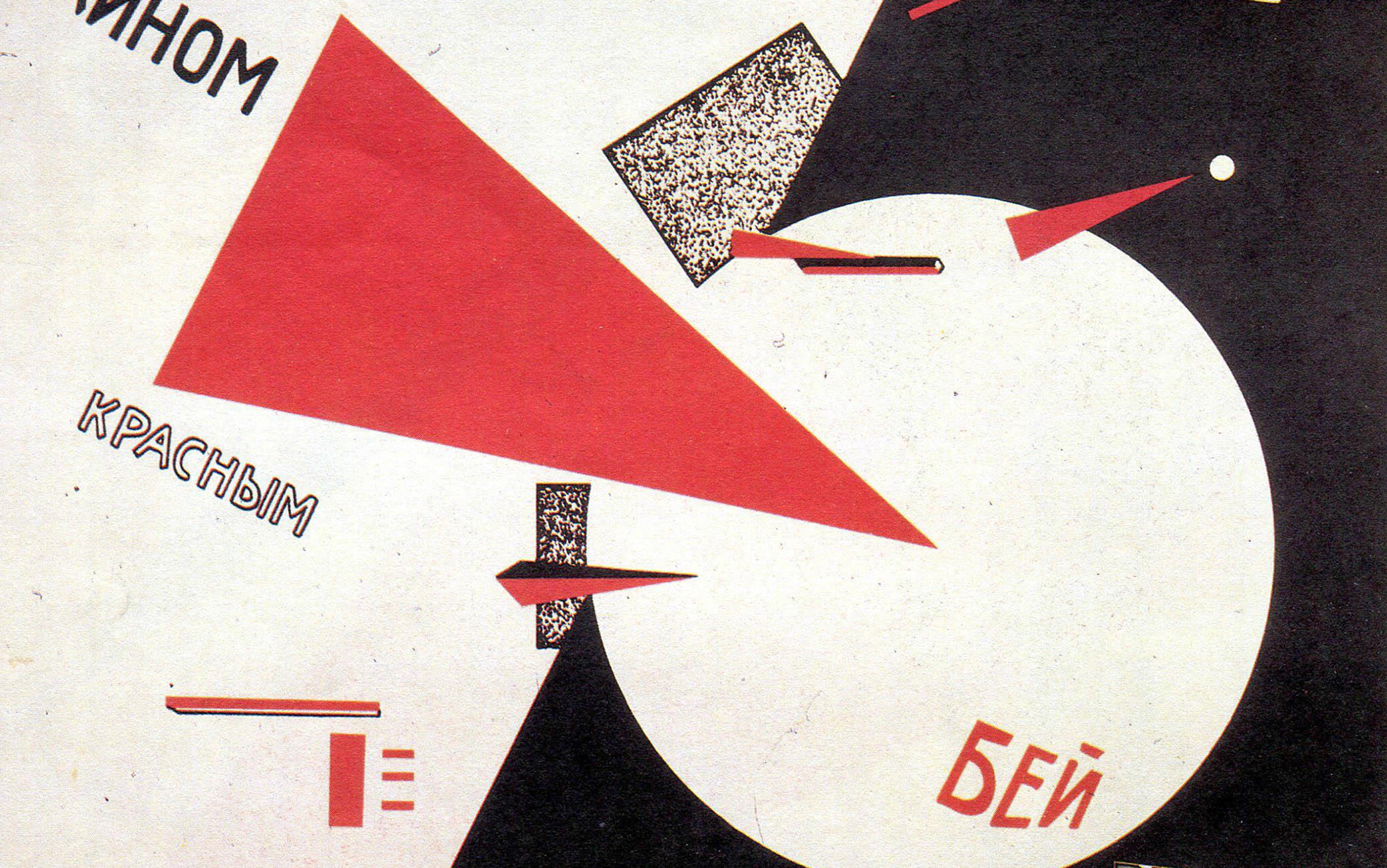Homer’s Iliad opens with some epic ancient Greek sulking. Agamemnon, leader of the Greeks, is forced to return Chryseis, the woman he won as a prize following a battle at Troy. Annoyed, he seizes Briseis, the woman-trophy of Achilles, the Greeks’ star fighter. Achilles wails that it’s unfair, announces that he’s going home, and flounces off to his tent. Fine, replies Agamemnon. Go home, I never liked you anyway.
Most of us will never experience the frustration of having our human trophy confiscated by a king, but there are familiar aspects of Achilles’ plight. Like Achilles, you might be a sulker. You’ve probably had to deal with someone else’s sulk, too. But what is sulking, exactly? Why do we do it? And why does it have such a bad reputation?
Let’s zoom in on what sulking involves. Sulkers sulk when they feel wronged. Sometimes they really have been wronged, but sometimes they are just sour about losing fair and square. Take the former US president Donald Trump, who – with the COVID-19 pandemic raging around him – withdrew from public life following his 2020 election defeat and nurtured baseless conspiracy theories about how electoral fraud had cost him his rightful victory. Trump hadn’t been wronged, but that didn’t stop him sulking.
Next, a sulker deals with their feeling of being wronged by socially withdrawing. Achilles withdrew from fighting. Trump withdrew from his presidential duties. The rest of us may simply refuse to speak to whoever we feel wronged by. Socially withdrawing when we feel wronged isn’t always sulking, though. Two things are needed to turn withdrawal into a sulk. One is an element of punishment: a sulker intends their withdrawal to be inconvenient for their target – ie, the person(s) they’re sulking at – whether that’s by losing in battle (as Agamemnon did while Achilles sulked), being ravaged by disease (as the US public was while Trump sulked), or suffering the stress of the cold shoulder. Without an inconvenienced target, sulking is unsatisfying. There’s no point throwing a sulk at someone who doesn’t care about communicating with you.
The second thing needed to turn a withdrawal into sulk is – perhaps surprisingly – communication with the target. A successful sulk communicates to the target that the sulker is upset, that they resent the target for their being upset, and that it’s the target’s job to make things right.
Given that sulkers often refuse to speak to their targets, how is it possible for them to communicate anything? It’s possible because not all communication is verbal. Indeed, a huge amount of what we communicate is non-verbal. Think of how a simple ‘Thank you’ can be rendered either sincere or insincere, grateful or resentful, heartfelt or sarcastic, depending on the body language and facial expression of the speaker. The same goes for the sulker’s sullen ‘Nothing’, in answer to queries about what’s wrong. The sulker does not explicitly admit to anything being wrong, but their body language and general demeanour tell a different story. For the sulker to communicate their upset to the target in this non-verbal way, it helps if the target is able to spot that the sulker is not their usual self. This helps explain why sulking tends to be directed at people who know the sulker reasonably well.
Let’s unpack this a bit. How does the target decipher the sulk? Looking at how we manage to communicate more generally can shed light here. The 20th-century British philosopher of language Paul Grice argued that conversations are ‘cooperative efforts’ in which the participants have ‘a common purpose … or at least a mutually accepted direction’. Taking each other to be cooperative communicators enables us to make sense of conversational contributions that, at face value, seem irrelevant or nonsensical. If I ask: ‘Would you like to meet for coffee tomorrow?’ and you respond with: ‘Sorry, my daughter has a hospital appointment,’ then at first glance your response is not remotely relevant. But, of course, we have no problem understanding responses like this. Starting from the assumption that you are cooperating in our shared conversational aim of answering my question, I interpret your response not as an irrelevant factoid about your daughter’s health, but in a surprisingly rich way: as an indication that you will not be able to join me for coffee, an explanation of why not, and an expression of regret. This indirect and seemingly ambiguous, unclear and irrelevant rejection of my invitation ends up telling me more than would a direct and concise ‘No.’
A sulk is like a magic spell, which is broken if referenced directly
Sulking is a form of indirect communication, too. Were the sulker to attempt to communicate directly what sulking indirectly communicates, they could say something like: ‘I’m upset by your behaviour and I’m going to feel better only if you solve the problem you’ve created while also soothing me.’ Verbalising this comes with potential disadvantages for the sulker. One is that doing so would (indirectly) communicate that the sulker is open to discussing what they’re upset about, which sulkers are not – especially since doing so might lead to being challenged about whether they’re justified in being upset, in resenting the target, and in demanding that the target solves the problem while soothing the sulker. By contrast, withdrawing verbal communication enables the sulker to communicate indirectly that they are upset and that discussion of the matter is off the table. A successful sulk prompts the target to meet the sulker’s needs without discussion. Of course, this requires the target to interpret the sulker’s indirect communication of their feelings and needs. This is where Grice’s thoughts about cooperation come in. Beginning from the assumption that the sulker is a cooperative communicator despite their withdrawal, the target must decipher what the sulker is trying to communicate by pretending not to communicate.
The sulker’s wish to avoid being interrogated about their feelings isn’t the only motivation for refusing to communicate directly. In The Course of Love (2016), the contemporary British philosopher Alain de Botton explains the allure of sulking in terms of ‘the promise of wordless understanding’ we enjoyed as children, when our needs were anticipated and met without our needing to express them. He writes:
That may be why, in relationships, even the most eloquent among us may instinctively prefer not to spell things out when our partners are at risk of failing to read us properly. Only wordless and accurate mind-reading can feel like a true sign that our partner is someone to be trusted; only when we don’t have to explain can we feel certain that we are genuinely understood.
It’s not just direct mention of the sulker’s feelings that is off the table, though. In addition, neither party should mention the sulk itself. A sulk is like a magic spell, which is broken if referenced directly. Even a sympathetic mention of it by the target – for example: ‘Ah, I see you’re sulking; let me try to help’ – risks giving the sulker something new to sulk about. The sulker cannot explicitly mention the sulk, either – at least, not until it’s over. You cannot successfully sulk if you announce in advance that you’re going to do so (‘You’ve upset me and I’m going to sulk about it for the rest of the day’). Indeed, announcing your need to withdraw is exactly the sort of healthy, clear, verbal communication that many prefer to sulking. For de Botton’s fictional sulker, the sulk ends and ‘is not mentioned again’ after the sulker mentions it in an email with the words ‘I’m a bit mad, forgive me.’
The sulker’s refusal to communicate explicitly about their feelings is part of what is frustrating for the target. This is curious, because in other contexts a refusal to communicate explicitly is unobjectionable, or even welcome. Consider flirting. The process of gradually working out whether one’s attraction to another person is reciprocated can be an exciting part of getting to know them. In many contexts, explicitly communicating one’s interest in these circumstances – by saying something like: ‘I fancy you and I hope we will have sex as soon as possible’ – risks killing any burgeoning attraction. More generally, politeness often demands indirect communication, as the linguists Penelope Brown and Stephen C Levinson argued in the 1980s. (As an example, recall that your indirect ‘Sorry, my daughter has a GP appointment’ was a more polite way to decline my coffee invitation than a direct ‘No.’)
Whether indirect, ambiguous communication is desirable depends a lot on what we want from the interaction. If you’re rushing to catch a train and ask a member of staff which platform your train’s about to leave from, you want a clear and explicit answer, not a riddle. The target of a sulk is more like someone wanting to catch a train than someone who is flirting: there’s a problem to solve, and that makes a lack of explicit communication frustrating rather than enjoyable.
But it’s not just having a problem to solve that makes being the target of a sulk unpleasant. Being sulked at literally hurts. The psychologist Naomi I Eisenberger and her colleagues found that ‘social exclusion’ – which the target experiences when the sulker withdraws – activates the same areas of the brain that are activated during ‘physical pain’. Kipling Williams, one of Eisenberger’s co-authors who has spent decades studying ostracism, has remarked that ‘the silent treatment’ is ‘highly effective in making the targeted individual feel bad’. The unpleasantness of being sulked at helps ensure that the target is motivated to work hard to resolve the sulk. This is pretty convenient for the sulker.
Sulking, in the knowledge that the target will cooperate in working to resolve the sulk, is a power move. Williams remarks that the silent treatment is ‘especially controlling because it deprives both sides from weighing in … One person does it to the other person, and that person can’t do anything about it.’ That the target must find a solution without the sulker’s input is important. For problems that arise in intimate relationships between family members, close friends or romantic partners – things like resentment, jealousy, and a sense of not having one’s needs met – being able to talk through one’s grievances is an important part of finding a solution. And because these are exactly the sorts of relationships in which a sulker is most likely to find a cooperative target, it follows that sulks are most common in response to precisely the sorts of problems whose solution requires effective communication. The more conducive the circumstances are to sulking, the greater the obstacle sulking poses to solving the problems that the sulker is sulking about. It’s little wonder that we find it so frustrating to be the target of a sulk.
It’s a somewhat understandable strategy through which powerless people can get their needs met
This sheds light on why we view sulking as childish. Children often have grievances that they lack the skills and experience to resolve themselves, and sulking children can expect a responsive caregiver to offer both comfort and practical assistance. But as children grow older, they’re encouraged to use words to express what is wrong, and to think through how things might be made better. Sulking, it seems, is for people who are still learning basic life skills. Adults should know better than to demand to have their worries patiently coaxed out of them by someone who will solve their problems for them.
But perhaps sulkers are getting a raw deal here. Sometimes, sulkers sulk because they feel they have no better option. As the psychotherapist Catriona Wrottesley observes, sulking ‘often functions as a defence against the feared consequences of putting feelings and needs into words and of ordinary self-assertion’. As well as guarding against having one’s feelings invalidated, sulking can empower people who are otherwise dependent and vulnerable. In his book The Incredible Sulk (1992), the psychotherapist Windy Dryden profiles 10 women – most of them housewives – who regularly sulk. One remarked: ‘You feel very much like a child with a parent, the child can never win. In sulking, you do have some sort of status, some sort of power.’ For those who lack financial and other forms of autonomy, then, sulking can be one of the few available strategies to get one’s needs met.
Something like this was acknowledged by the Scottish 18th-century philosopher David Hume:
In many nations, the female sex are reduced to like slavery, and are rendered incapable of all property, in opposition to their lordly masters. But though the males, when united, have, in all countries, bodily force sufficient to maintain this severe tyranny; yet such are the insinuation, address, and charms of their fair companions, that women are commonly able to break the confederacy, and share with the other sex in all the rights and privileges of society.
Given that sulking is a somewhat understandable strategy through which powerless people can get their needs met, it’s puzzling that we are so opposed to it. We don’t hear of relationship counsellors and advice columnists encouraging it. A notable exception is a 1982 Washington Post column by the etiquette expert Miss Manners (aka Judith Martin), in which she described sulking as a ‘useful social tool’ that is ‘the ideal revenge of a theoretically powerless person on a supposedly powerful one’ – but the tone of her column, in which she conveyed sulking tips from an anonymous ‘experienced juvenile sulker’, is somewhat tongue in cheek. Perhaps sulking’s unpopularity arises from the fact that the sulker’s empowerment comes at a high price: the sulker gains a powerful bargaining chip by withdrawing communication, but it’s hard to bargain when you can’t communicate.
I’ve been painting sulkers as demanding help with solving their problems – but in some sinister cases that’s not what’s happening. By forcing the cooperative target into ‘make amends’ mode, sulking can be used by abusers to undermine and manipulate. Wrottesley notes that sulking can ‘manifest as coercive control’ both in romantic relationships and in parent-child relationships. Coercive control – which is a criminal offence in the UK and, more recently, the state of California – is defined by the charity Women’s Aid as behaviour ‘designed to make a person dependent by isolating them from support, exploiting them, depriving them of independence and regulating their everyday behaviour.’ Abusive sulkers do not sulk in order to solve a problem, but in order to dominate and terrorise.
Sulking works because communication is complex, and because realising our communicative aims often depends as much on how we communicate as it does on what we communicate. This is not always acknowledged in cultures that laud clear, transparent, cards-on-the-table communication, and in which people could be forgiven for thinking that anything worth saying is worth saying explicitly. Our disapproval of sulking, I think, relates partly to its indirectness – but partly, too, to its high-stakes nature. After all, relationship battles are regularly fought and won or lost through sulking.
In common with other indirect forms of communication, it’s difficult to work out what’s going on with sulking. We know it when we see it, but it’s difficult to articulate exactly what it is, how it works, why we do it, and so on. Our limited understanding of all this makes it difficult to formulate and enforce norms about what constitutes fair play in sulking. What makes the difference between an annoying but otherwise wholesome and respectful sulk, and a sinisterly manipulative one? And how can the target possibly work out which one they’re being confronted with, given that the sulker won’t talk to them? Consenting to be the cooperative target of a sulk requires, along with a bucketload of patience, unquestioning trust that the sulker is not manipulating us unfairly. Very often, this brings with it a nagging fear that the sulker might be taking us for a mug.






